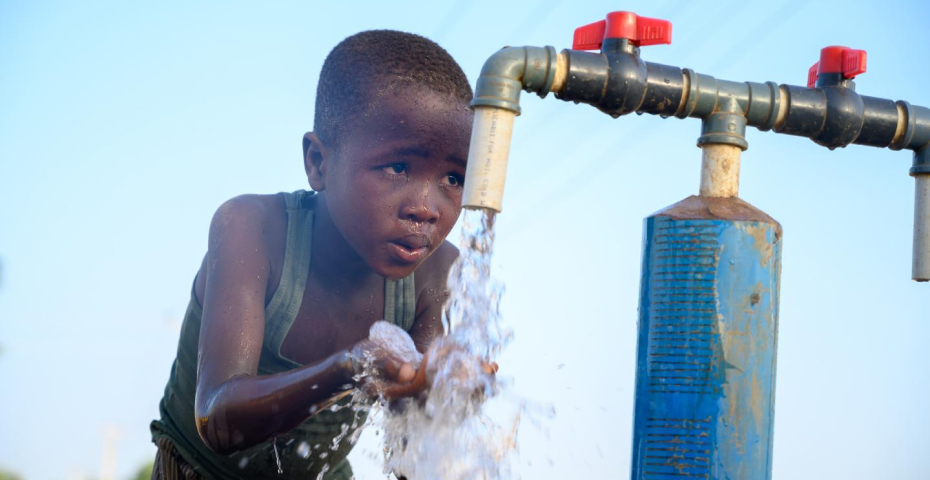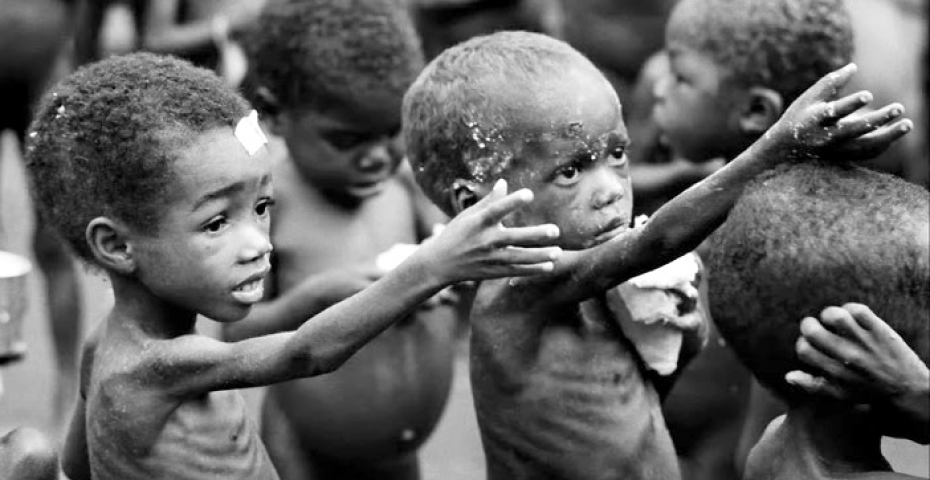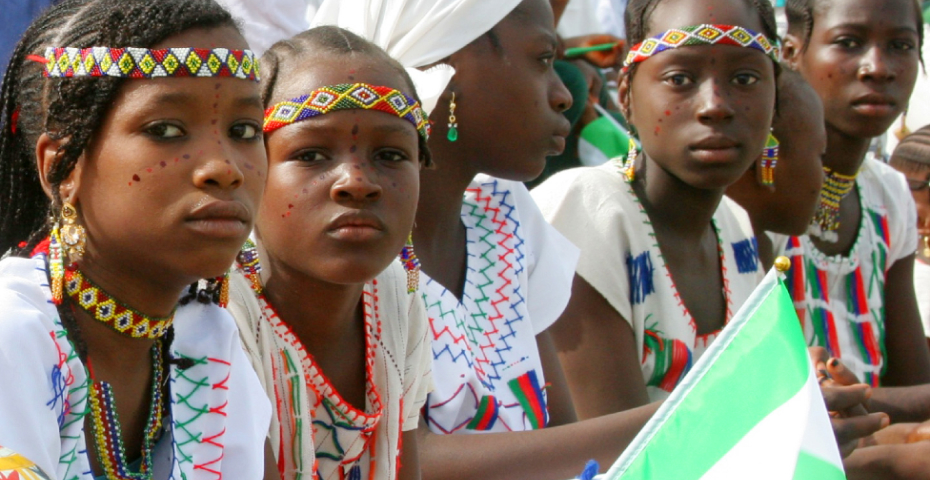
Repercusions Of Not having Access To Clean Water In Rural Africa:
The lack of access to clean water in rural Africa has significant repercussions on the health and well-being of individuals, families, and communities. Here are some of the repercussions:
- Waterborne Diseases: Without access to clean water, people are forced to rely on contaminated water sources such as rivers, ponds, and wells. This increases the risk of waterborne diseases such as cholera, dysentery, typhoid, and diarrhea. These diseases can cause severe dehydration, which can be life-threatening, particularly in young children and older adults.
Poor Hygiene: Without access to clean water, it is difficult to maintain good hygiene practices such as washing hands, bathing, and cleaning clothes. This can lead to the spread of infectious diseases and poor health outcomes. - Malnutrition: Lack of access to clean water can lead to food insecurity as it affects agricultural production, thus making it challenging to access and prepare nutritious food. This can result in malnutrition and stunted growth, particularly in children.
- Gender Inequality: Women and girls are often tasked with collecting water for their families. This task takes up a significant amount of their time and energy, leaving them with less time for education and other activities. Additionally, women and girls may face harassment and violence while collecting water in areas where water is scarce.
- Economic Consequences: Without access to clean water, it is challenging to engage in income-generating activities such as agriculture, livestock rearing, and small-scale businesses. This results in limited economic opportunities and perpetuates poverty in rural communities.
In conclusion, the lack of access to clean water in rural Africa has severe consequences on health, hygiene, nutrition, gender equality, and economic development. It is essential to ensure that rural communities have access to safe and clean water sources to promote health and well-being and break the cycle of poverty.


